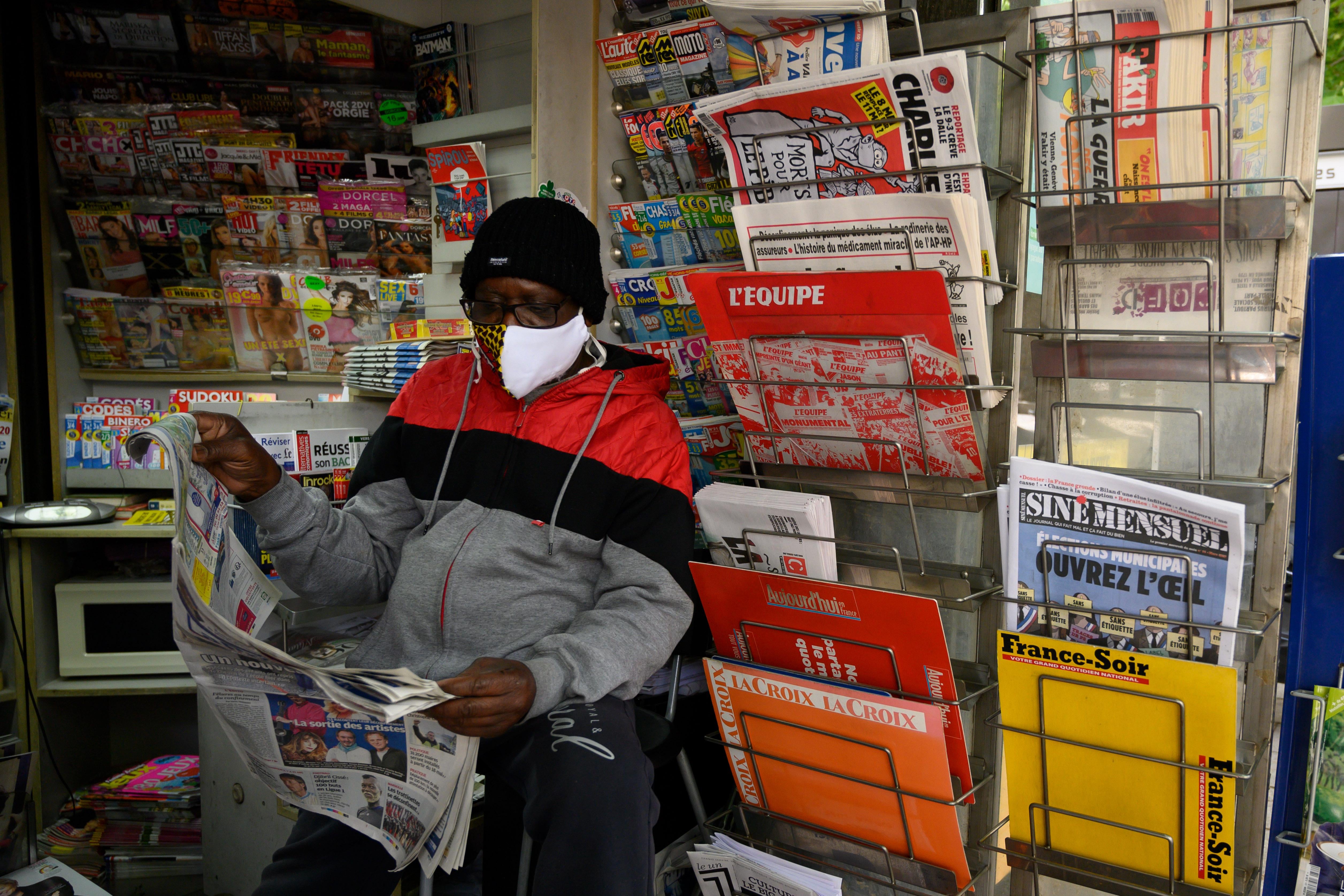Ville de Bitche is a town situated in northwestern France with a rich military history, pastoral landscape, and an unfortunate sounding name. (The “e” is silent.) Recently tiny Bitche made international headlines after Facebook mistook the city’s name for a swear word and deleted the town’s Facebook page. The city’s communication manager, Valêrie Degouy, contacted Facebook on March 19 to explain the situation and ask the company to reverse its decision—for the second time. (The page was previously deleted in 2016.) As she awaited Facebook’s response—which apologized and reinstated the page Tuesday—Degouy set up a new page for her town, under the name of Marie 57230, her city’s postal code.
Although Facebook’s mistake seems innocuous enough, for the towns located around Bitche, local Facebook pages serve as the main form of communication. Shutting the page down effectively creates a local news blackout. When Rohrbach-les Bitche—a nearby town in the region—heard about the deletion, it quickly rid “lès-Bitche” from its Facebook page name to avoid a similar fate.
Julie Mirbelle is a real estate agent in Rohrbach-les Bitche. She moved there in January 2020 when her husband was stationed on the Bitche military base. There is no local newspaper in town, so Mirbelle learns about neighborhood happenings and updates from the page. “The city publishes information concerning the city—library hours, upcoming events, new stores, information on COVID—as well as what is happening in the Pays de Bitche Commune Community,” Mirbelle wrote via email. The Facebook page, relaying updates both mundane and essential, is her main guide to life in Bitche, she says. If it closed down, Mirbelle says she would have to call the townhall to get any information.
The residents of Bitche are far from alone in their reliance on Facebook for local news. In the United States alone, more than 2,000 local newspapers have closed over the past two decades, according to an estimate from Joshua Scacco, associate professor of political communication at the University of South Florida. In these news deserts, Facebook has risen as an alternative information source, allowing anyone with an account to share updates and post events.
With Facebook “the upside is that if there is no local newspaper, then you still have an avenue to get your information out,” says Alex Curry, an assistant professor in communication studies at Western Oregon University.* “And, even if there is a local newspaper, the fact is that staff is being cut and beats are being consolidated. So, if there are 10 things happening in one day, and only two reporters, four things are being covered at most. What happens with those six other newsworthy events?” They get posted to Facebook. While there hasn’t been any quantitative research on this trend, anecdotal evidence is abundant. An article in NBC reported earlier this month, “Facebook’s hyperlocal groups have been crucial for information-sharing, especially during a pandemic and in a growing number of areas where local newspapers have been shuttered or gutted.”
But Facebook is not only filling the local news void—it is tied to local papers’ disappearance. “Social and digital media are a contributing factor in thinking about the declines of the presence of local newsrooms, as well as what that coverage looks like for the local newsrooms that remain,” Scacco says. Facebook is moving advertising dollars away from local newspapers, and even driving the content local newspapers create. Local news coverage often panders to Facebook’s algorithms when creating content and headlines, notes Ashley Muddiman, a communications professor at the University of Kansas. The social media giant’s algorithms determine which stories float to the top of the News Feed, and cash-strapped local outlets needs to turn those clicks into ad revenue.
The public’s growing lack of trust in the media also makes Facebook a more appealing news option in some communities. “Facebook groups and pages made up of local community members may seem more trustworthy to some people than local news,” Muddiman says. But, in reality, misinformation runs rampant on Facebook.
One of the most recent salient examples of this, reported in the NBC piece, played out in Beaver County, Pennsylvania—a local news desert with a News Alert Facebook page 43,000 members strong. Misinformation clutters the page. Just recently, posts about a murderer on the loose sparked panic in the neighborhood. But, in reality, the “murderer” was just a guy with a lot of traffic charges who ran away from a police officer. On other community Facebook pages and posts, hot political topics are avoided—to a fault—since, as Curry explains, police departments and libraries don’t want their pages and post comments filled with fake news, threats, and arguments. “So now all of a sudden, you have a community that has a certain type of information that’s being disseminated. But maybe you’re missing out on conversations about important topics that the local news would of course bring up,” Curry says.
While Facebook may take away money from the local news industry, experts agree that it doesn’t—and won’t—take its place. “I’m optimistic that they can coexist, and they can support each other,” Curry says. In 2018, Facebook attempted this by launching Today In, a feature meant to highlight local news on the site, but the company said the following year that one in three Americans live in cities where there isn’t enough news to fill posts. Today In has now been folded into Facebook News. More recently, Facebook pledged $100 million to support the local news industry during the pandemic. While Facebook can’t replicate the boots-on-the-ground work of local reporters, in small towns across the globe, the social media giant is a vital lifeline connecting residents. Just make sure to watch your swearing.
Future Tense is a partnership of Slate, New America, and Arizona State University that examines emerging technologies, public policy, and society.
Correction, April 19, 2021: This piece originally misidentified Western Oregon University as the University of Western Oregon.
